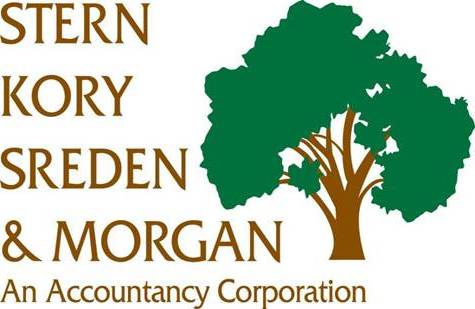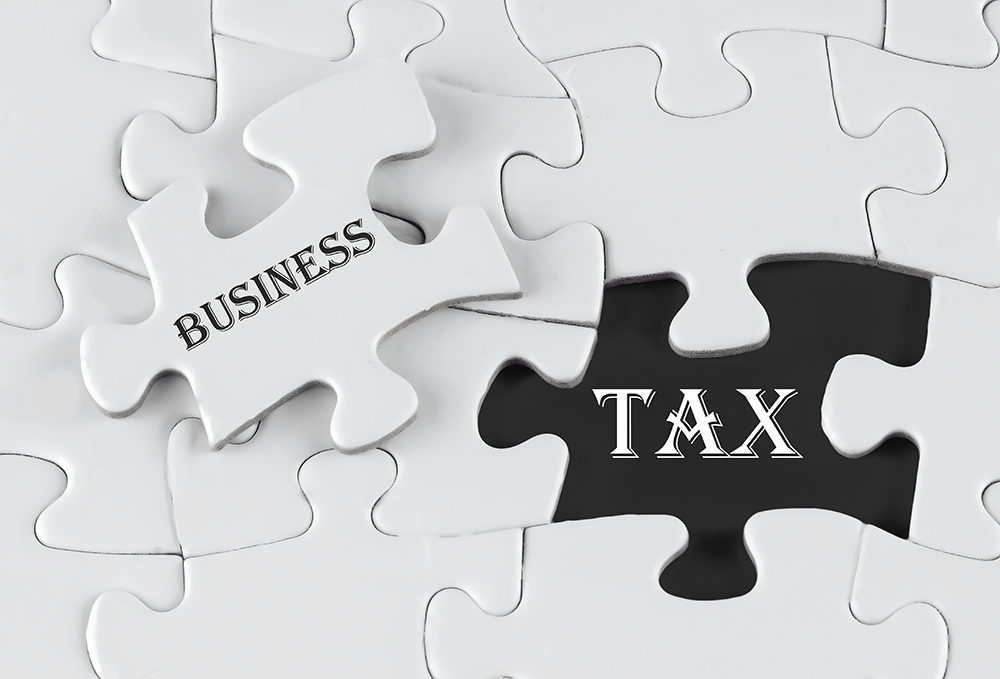SUBSCRIBE
Enter your Name and Email address to get
the tax guide delivered to your inbox.
Please include name of person that directed you to my online tax guide so I can thank them personally.

24961 The Old Road, 2nd Floor
Stevenson Ranch, CA 91381
Phone: 661-286-1040
Fax: 661-286-1050

The corporate tax rate is now a flat 21%. There is also favorable treatment for pass-through entities, including S corporations and limited liability companies (LLCs). Now may be a good time to discuss your corporate structure with your tax and legal professionals.
Sole proprietorships and partnerships also avoid double taxation and receive flow through treatment. But these latter two forms do not provide limited liability. Sole proprietors and partners may be personally liable for claims against their businesses.
Enter your Name and Email address to get
the tax guide delivered to your inbox.
Please include name of person that directed you to my online tax guide so I can thank them personally.
Enter your Name, Email Address and a short message. We'll respond to you as soon as possible.
Stern Kory Sreden & Morgan and LTM Marketing Solutions, LLC are unrelated companies. This publication was prepared for the publication’s provider by LTM Marketing Solutions, LLC, an unrelated third party. Articles are not written or produced by the named representative.
The information and opinions contained in this web site are obtained from sources believed to be reliable, but their accuracy cannot be guaranteed. The publishers assume no responsibility for errors and omissions or for any damages resulting from the use of the published information. This web site is published with the understanding that it does not render legal, accounting, financial, or other professional advice. Whole or partial reproduction of this web site is forbidden without the written permission of the publisher.